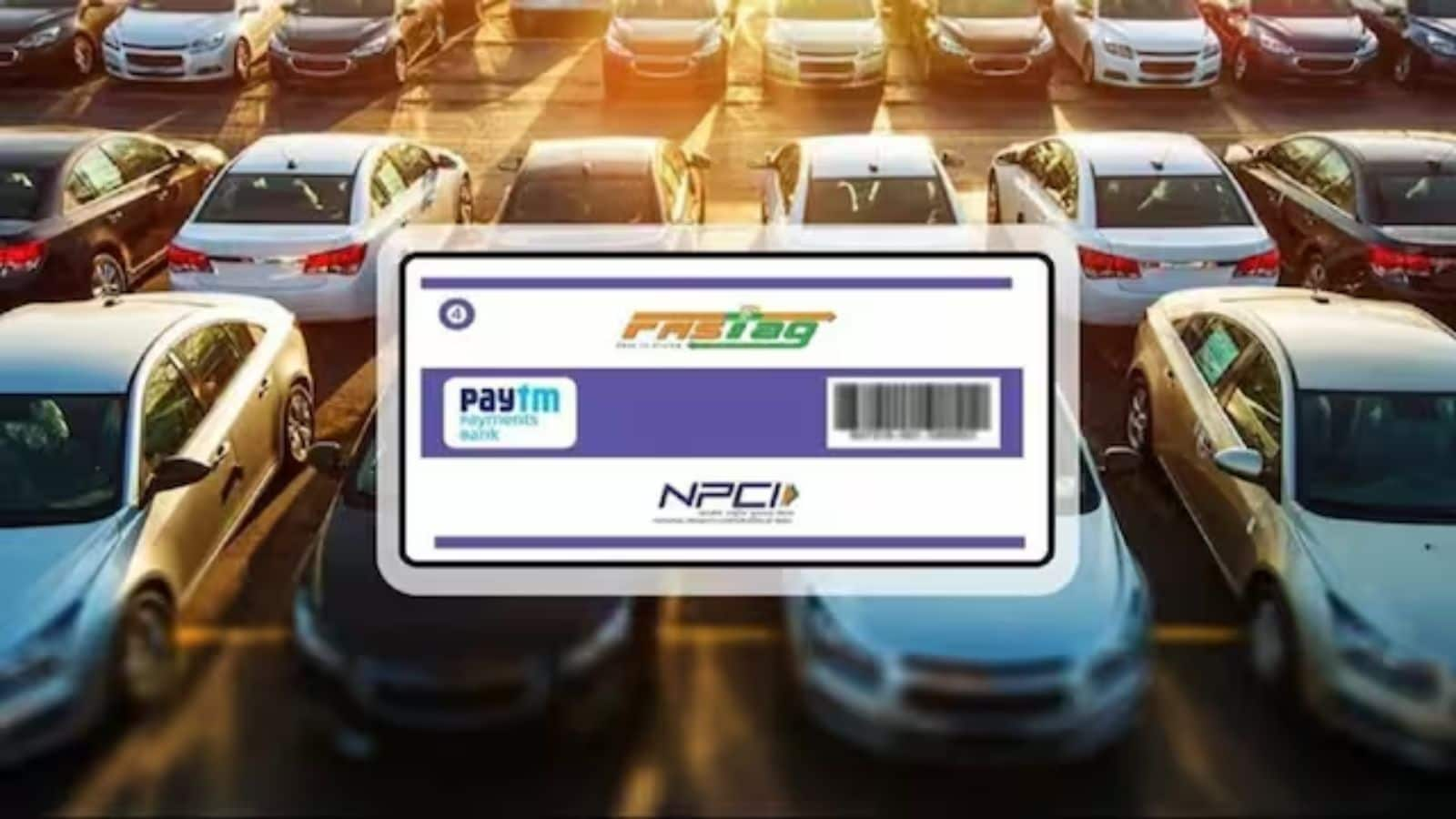Starting August 15, this year, a new FASTag annual pass priced at Rs 3,000 will be available for all private vehicles, including cars, vans, and jeeps. This pass will cover up to 200 trips or one year from the date of activation, whichever comes first. It is designed to benefit regular highway users by significantly reducing their toll costs.
Currently, drivers pay around Rs 70–80 per trip, so the new pass could cut costs by up to 80 per cent for those who make the most of it. However, while this move is great news for commuters, it could hurt toll road operators financially.
According to Crisil Ratings, which reviewed 40 toll road projects, private vehicles make up around 35–40 per cent of total traffic but contribute only 25–30 per cent of toll revenue. If even a third of these private vehicles switch to the annual pass, toll operators could see their earnings drop by 4–8 per cent.
To deal with this potential shortfall, operators are expected to receive compensation under existing contracts. But for that to happen smoothly, a proper compensation system needs to be finalised and implemented.
This process will involve discussions with multiple stakeholders and could take time. Still, Crisil expects toll operators’ financial health to remain stable for now, thanks to solid cash flows.
How Toll Payments and Operator Earnings Will Change
The new system changes how tolls are collected, from real-time payments by users to a compensation-based model handled by the National Highways Authority of India (NHAI).
Crisil believes toll projects will be able to manage any delays in receiving compensation. Even if there’s a six-month delay in the first payment and one-third of private vehicles opt for the pass, the impact on debt repayment ability (DSCRs) should be small this year.
Many toll companies also have enough cash reserves to cover at least three months of costs, which provides some cushion. The strong payment record of NHAI in other projects, such as annuity-based or hybrid annuity models, also reduces the risk of delayed payments.
Once the compensation system is fully in place, toll operators should return to normal earnings. However, if more people than expected choose the annual pass, it could lead to larger revenue losses, requiring close tracking.
In short, the FASTag annual pass is a big win for regular drivers, and with the smooth implementation of the compensation plan, toll operators are likely to handle the impact just fine.
